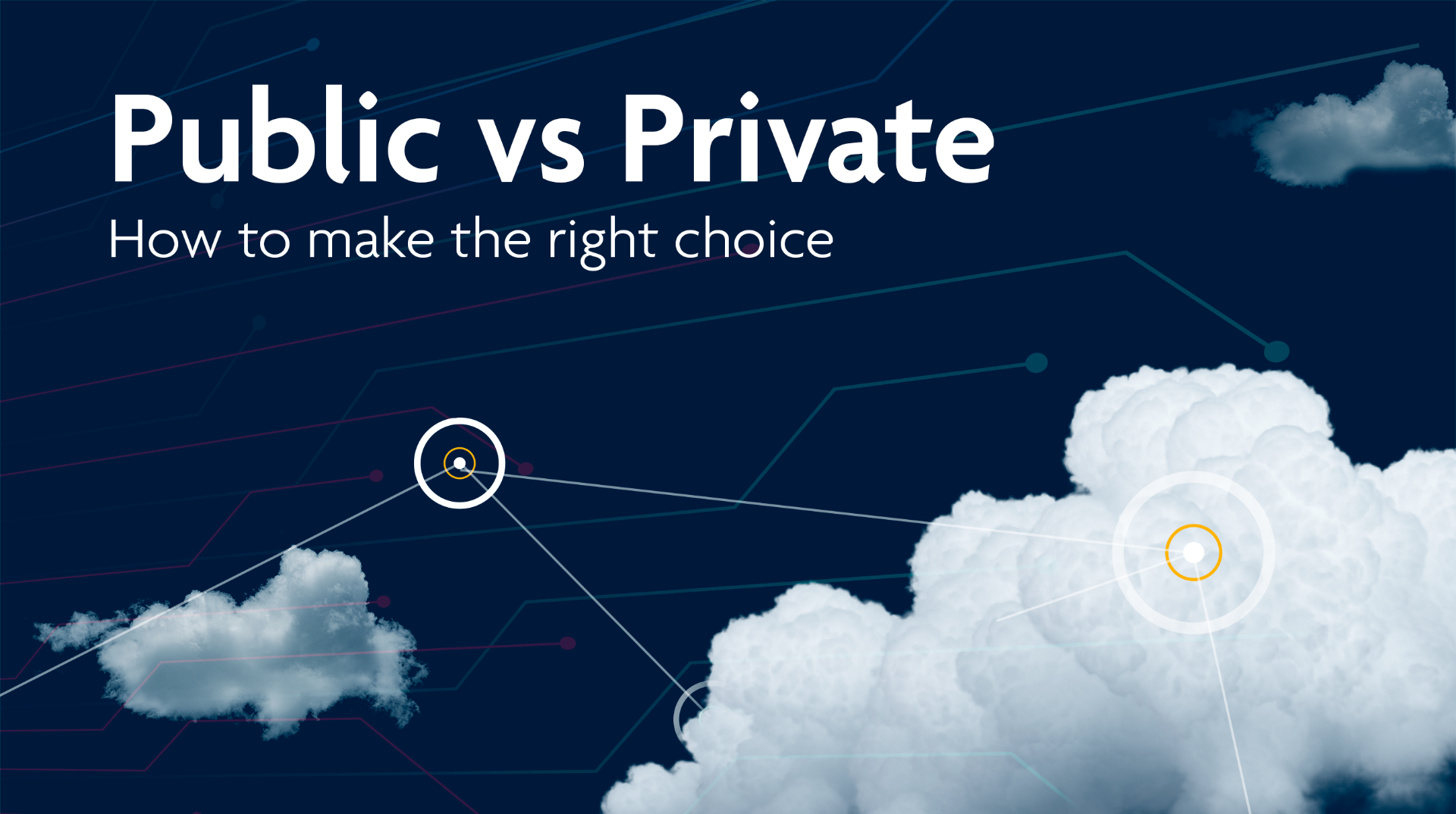It was developed for small and medium-sized retail companies that think big but want to scale pragmatically. The focus is on companies that are growing but do not want to rely on cumbersome, high-maintenance IT structures - but on a platform that grows with them.
Company size
Specifically, the SAP S/4HANA Public Cloud for Retail, Fashion, and Vertical Business is aimed at companies with up to 500 shops and a product range of less than 50,000 items. Typically, retailers with an annual turnover of around 100 million euros or more, often in a growth phase, often with the desire to replace a heterogeneous system landscape - because the previous system has reached the end of its technological road or is no longer scalable in organisational terms.
For larger trading companies, groups with complex structures or particularly high regulatory requirements, the SAP private cloud tends to be more suitable as it offers more flexibility for individual customisations. The public cloud, on the other hand, deliberately pursues the standard-first approach - fast, lean, updatable.
System
The SAP S/4HANA Public Cloud for Retail, Fashion, and Vertical Business is a particularly good choice when SAP ERP is being newly introduced. This is because the public cloud follows the greenfield principle - a completely new, modern ERP without any legacy issues. Migration from existing SAP ECC systems is not technically planned, which makes the solution particularly interesting for those switching from non-SAP environments or companies undergoing reorganisation.
Two-tier models are also conceivable: For example, a subsidiary of a group to which the target profile of the public cloud applies can work with SAP S/4HANA Public Cloud Retail - while the parent company uses an on-premises or private cloud landscape. Integration then takes place via harmonised interfaces - orchestrated via the SAP Business Technology Platform (BTP).
Industry segments
Industry functionalities are an integral component, making the solution particularly interesting for the specific requirements of food and drugstore chains, speciality and electronics retailers, DIY chains, fashion retailers and vertically positioned brand companies. Extensions for wholesalers in the fashion industry, brand manufacturers and other B2C-orientated business models will follow in the course of 2025 and beyond.
Companies that are new to B2C retail or want to systematically map omnichannel processes for the first time will also find a future-proof platform in the SAP S/4HANA Public Cloud for Retail, Fashion, and Vertical Business - including POS integration, pricing engine, promotion management and assortment management across all channels.
Localisation
The necessary localisation is already available for many core European markets - including Germany, France, Spain, Portugal, Norway, Poland, the Czech Republic and Slovakia. The USA and Canada are also covered. Further localisations for countries such as India, Mexico, Singapore, the UK, Belgium and the Netherlands are on the roadmap - making the solution predictably scalable for internationally operating retailers.









